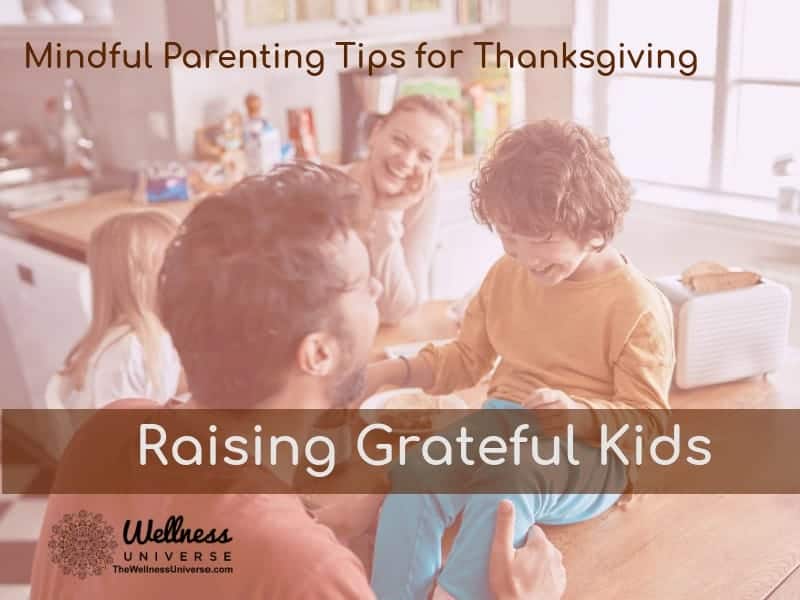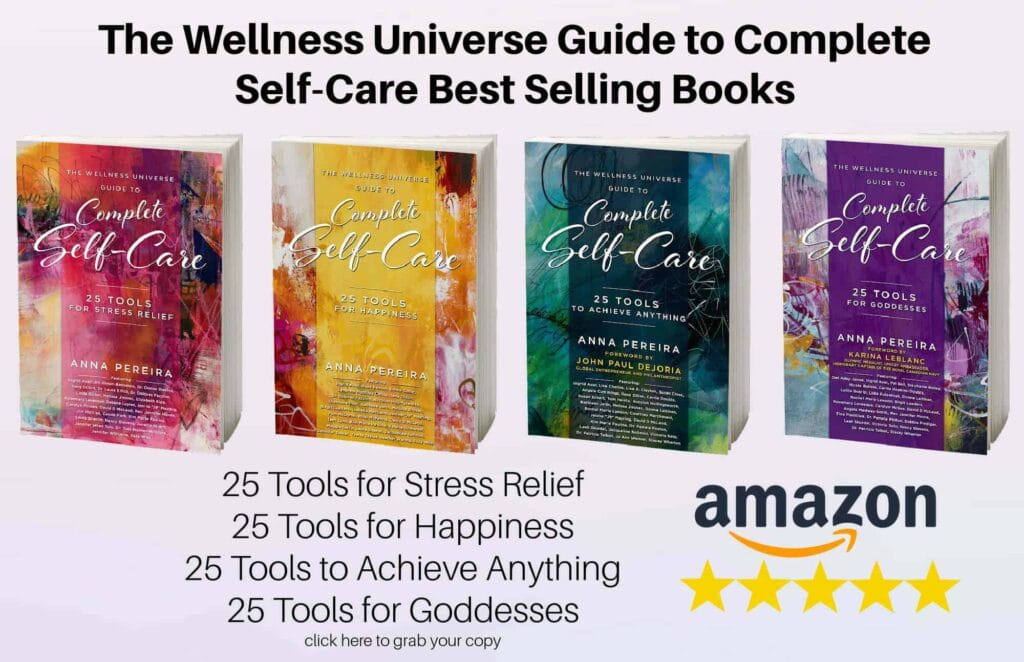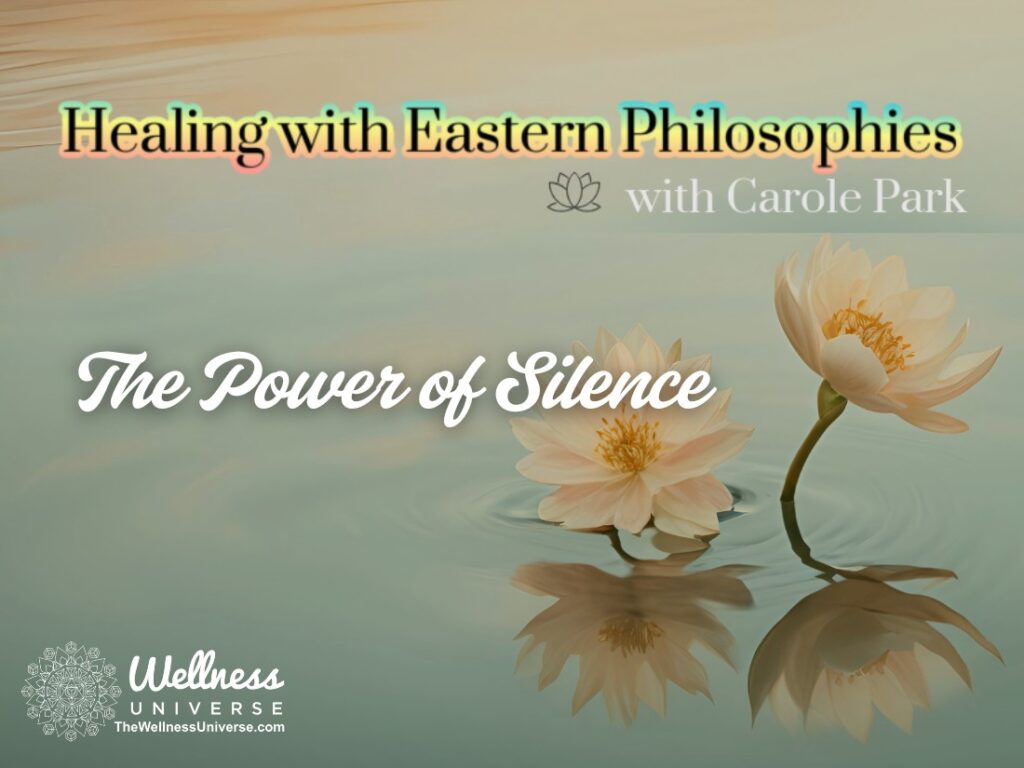The Importance of Raising Grateful Kids
Gratitude is a powerful tool for building emotional well-being, empathy, and resilience in children. Research shows that grateful children tend to be happier, perform better academically, and experience stronger social connections. Thanksgiving offers an ideal time to reflect on the importance of gratitude, but the goal is to extend the habit beyond the holiday season and into everyday life.
While gratitude is not an innate trait, it can be cultivated over time through mindful parenting. Children learn to be grateful when they observe and participate in acts of thankfulness. Teaching them to appreciate the small joys and recognize the efforts of others lays a foundation for emotional intelligence and kindness.
How Mindful Parenting Encourages Gratitude
Mindful parenting emphasizes being present and intentional with children, encouraging them to reflect on their experiences. By slowing down and savoring the moment, parents can help children develop an awareness of the good things in life, even in ordinary situations. This mindfulness allows kids to appreciate what they have, recognize the people who support them, and express their gratitude genuinely.
Parents can integrate gratitude into their family routines, create meaningful rituals, and model thankfulness through everyday actions.
Practical Tips for Raising Grateful Kids
1. Practice Gratitude as a Family
Gratitude is contagious, and children are more likely to develop this habit when they see it modeled at home. Family gratitude rituals strengthen emotional bonds and foster a positive home environment.
Tip: During meals, have each family member share one thing they are grateful for that day. This simple habit can open conversations and help kids reflect on their experiences.
Impact: Regularly practicing gratitude promotes emotional connection and creates a sense of belonging within the family.
2. Use Thanksgiving to Teach Appreciation
Thanksgiving offers a valuable opportunity to teach children about gratitude and the history of the holiday. Emphasizing the spirit of community, generosity, and thankfulness helps kids develop a deeper understanding of the significance of giving and receiving.
Idea: Share stories about the origins of Thanksgiving, focusing on themes of collaboration and mutual support between different communities.
Impact: Storytelling allows children to see gratitude as a timeless value that transcends cultural differences.
3. Encourage Acts of Kindness
Acts of kindness help children experience the joy of giving. Participating in service activities fosters empathy and allows kids to appreciate their role in making others feel valued.
Suggestions: Volunteer as a family at a local food bank, create care packages for neighbors, or write thank-you notes to teachers.
Impact: Acts of kindness teach children that generosity is a rewarding experience and encourage a mindset of gratitude.
4. Create Gratitude Crafts and Journals
Creative activities give children a fun way to express their gratitude. Crafting or journaling allows kids to reflect on the positive aspects of their day and practice mindfulness.
Activity: Create a “Gratitude Tree” by cutting out paper leaves and having children write something they are grateful for on each leaf. Add these leaves to the tree throughout the month of November.
Idea: Start a family gratitude journal, where each member records daily reflections on moments of joy or appreciation.
Impact: These creative outlets help children internalize gratitude as a habit rather than a fleeting emotion.
5. Focus on Experiences Over Material Gifts
In a world filled with consumerism, children may equate happiness with material possessions. Shifting their focus to meaningful experiences helps them find joy in relationships and shared moments rather than things.
Tip: Plan family activities like game nights, hikes, or movie marathons instead of focusing on giving or receiving gifts.
Impact: Prioritizing experiences teaches children that fulfillment comes from meaningful connections, not material possessions.
6. Model Gratitude in Everyday Interactions
Children learn by observing their parents. Expressing gratitude throughout the day—whether for a home-cooked meal or someone holding the door open—sets a positive example.
Suggestion: Say thank you frequently, whether to family members or strangers, and talk about what you appreciate about your day.
Impact: Modeling gratitude helps children understand that small moments of kindness deserve acknowledgment and appreciation.
7. Reflect on Challenges with Gratitude
Resilience and gratitude go hand in hand. Teaching children to recognize positive aspects even in difficult situations builds emotional strength and a growth mindset.
Example: When children face disappointment, encourage them to think about what they learned or who supported them during the experience.
Impact: This practice helps children develop the ability to find gratitude even in challenging times, fostering emotional well-being.
Building Gratitude Habits Year-Round
Thanksgiving serves as a wonderful reminder of the importance of gratitude, but the goal is to cultivate these habits throughout the year. Consistent practice helps children see thankfulness as a way of life.
Create a Gratitude Jar: Throughout the year, family members can write down things they are thankful for on small slips of paper and place them in a jar. Read the notes together on special occasions to reflect on positive moments.
Celebrate Wins, Big and Small: Recognize achievements and progress, no matter how minor, to encourage children to appreciate their efforts and those of others.
Encourage Thank-You Notes Year-Round: Help children write thank-you notes regularly, not just during the holidays, to build the habit of expressing appreciation.
Gratitude and Emotional Resilience
Children who practice gratitude regularly develop emotional resilience, allowing them to manage stress and setbacks with greater ease. Gratitude encourages them to focus on the positives, even when things don’t go as planned. By building emotional intelligence, they learn to navigate challenges more effectively and foster stronger relationships.
How Gratitude Strengthens Family Bonds
When families practice gratitude together, they build a culture of appreciation that strengthens relationships. Expressing thanks to each other reinforces the importance of emotional connection and mutual support. Over time, these small moments of gratitude create deeper bonds between parents and children.
As children grow, they carry these habits with them, creating a ripple effect that positively impacts their friendships, communities, and future families.
Embrace Gratitude as a Way of Life
Raising grateful kids requires consistency, patience, and intentional parenting. Thanksgiving offers the perfect opportunity to introduce gratitude practices, but the key to lasting change lies in making thankfulness a year-round habit. By modeling gratitude, encouraging acts of kindness, and focusing on meaningful experiences, parents can help their children develop a lifelong appreciation for the good things in life.
Works Cited
Psychology Today. “The Science of Gratitude.” Psychology Today, 2024.
Mayo Clinic. “How Gratitude Improves Emotional Well-Being.” Mayo Clinic, 2024.
Harvard Graduate School of Education. “How to Raise Grateful Children.” EdCast, November 2023.
Mental Health America. “Building Resilience Through Gratitude.” Mental Health America, 2024.
Publish Your #1 Bestseller and Boost Your Brand!
Ready to become a bestselling author and wellness thought leader? Join Anna Pereira, CEO of The Wellness Universe, and Laura Di Franco, CEO of Brave Healer Productions, in a live session where you’ll learn to lead your own collaborative book project, build business success through publishing, and position yourself as a trusted authority.
This is your chance to amplify your impact.
Register now: https://bit.ly/PublishYourBestsellingBook
The Wellness Universe Guide to Complete Self-Care, 25 Tools for Life, will be available in January 2025!
Get notified and receive a free gift HERE.
About the book: Twenty-five passionate experts from The Wellness Universe unite to guide you on a journey toward living your most extraordinary life experience. Through heartfelt stories and transformative self-care tools, this collaboration offers a pathway to well-being, healing, and profound personal growth. The wisdom, experience, and genuine passion you’ll find in these pages go far beyond expectations. With every authentic story and masterful teaching, this book equips you with the tools to embrace a life of fulfillment and balance, built on a foundation of wholeness. It’s a natural extension of The Wellness Universe’s mission, to uplift, inspire, and contribute to a better world. May the joy, health, and healing you seek be yours in abundance as you step into the life you’ve always deserved!
The Wellness Universe is honored to support our charity of choice, the Karina LeBlanc Foundation. Empowering young women to bring to light their inner greatness.
The Wellness Universe is your resource for health, wellness, well-being, and transformation. We serve and support professionals who make the world a better place and individuals and groups who seek their best life.
A woman owned company; having the vision in 2013, Anna Pereira launched the first directory in 2015 bringing together a community of members making the world a better place to be found by those seeking their best life. The Wellness Universe has grown since then to be a one-stop shop for total wellness support! We are a vetted community, online directory, book publisher, resource center, event producer, content platform, and so much more, supporting whole-health and well-being on a global scale.
The Wellness Universe is a home that connects industry professionals in the health, wellness, and well-being fields to seekers of total well-being. WU provides our WU World-Changer members with peer support, Wellness Universe produced events (live and online), projects, visibility, business mentoring, and community. Through The Wellness Universe our WU World-Changer members serve WU Friends, seekers of health, wellness and transformation, with coaching, workshops, content and more.
The Wellness Universe provides individuals and groups seeking their best lives with access to our members, wellness content, educational resources, and guidance in all areas of wellness to transform visions of how they want to live life into the life they experience.
Through the directory, WU Featured Blog, SoulTreat wellness retreat, Self-Care Books, group well-being programs, and online learning center, The Lounge, The Wellness Universe provides many avenues to support whole health, mind, body, spirit and planet.
Join us today! Wellness Professional or Seeker of Your Best Life









I love these wonderful tips and ways to develop more connection and gratitude in our lives when we include our children in the process every step of the way. So many great things to try. As a gratitude enthusiast, I’ve tried many of these tips over the years and look forward to trying more in the future. Have a wonderful Thanksgiving with the kids in your lives or embrace your inner child and enjoy!